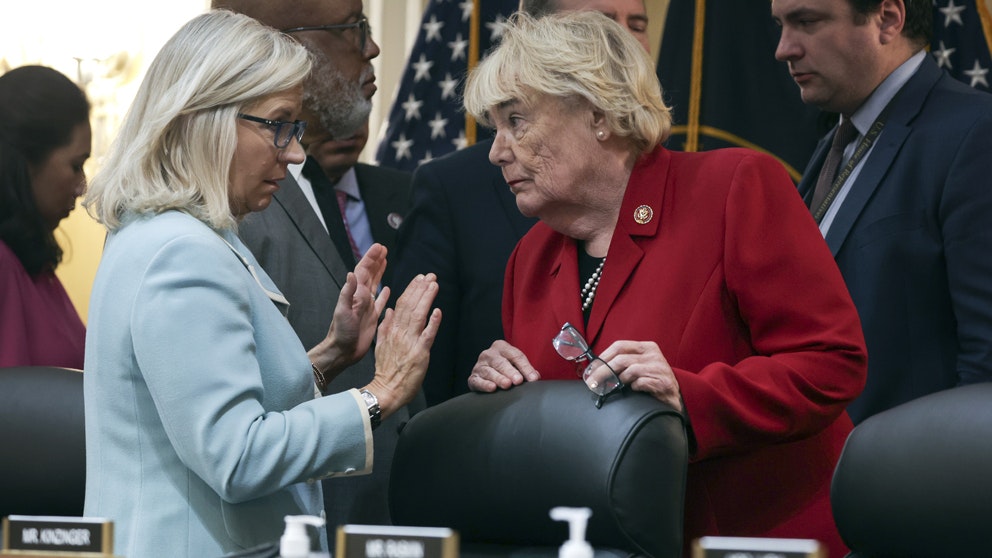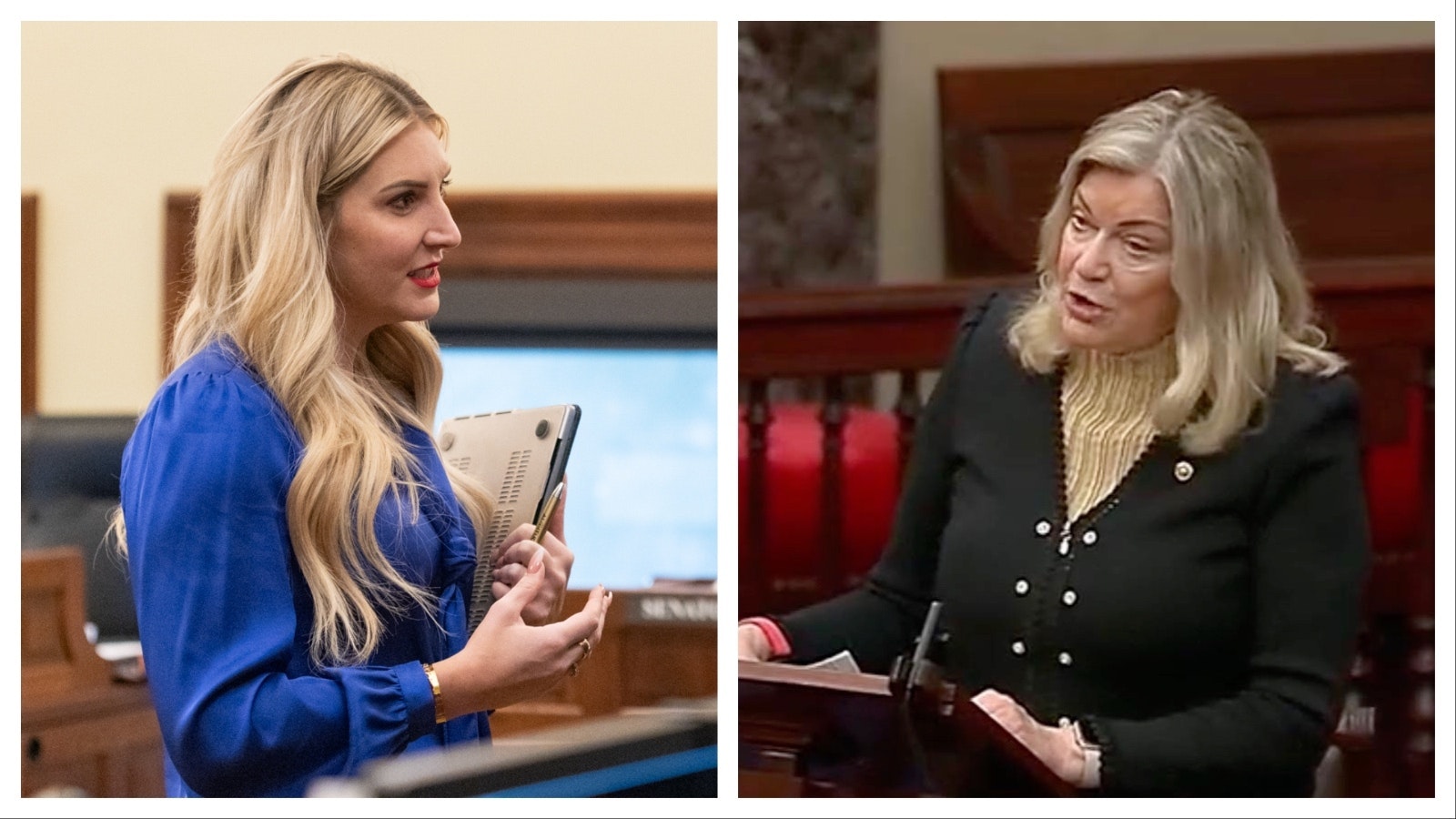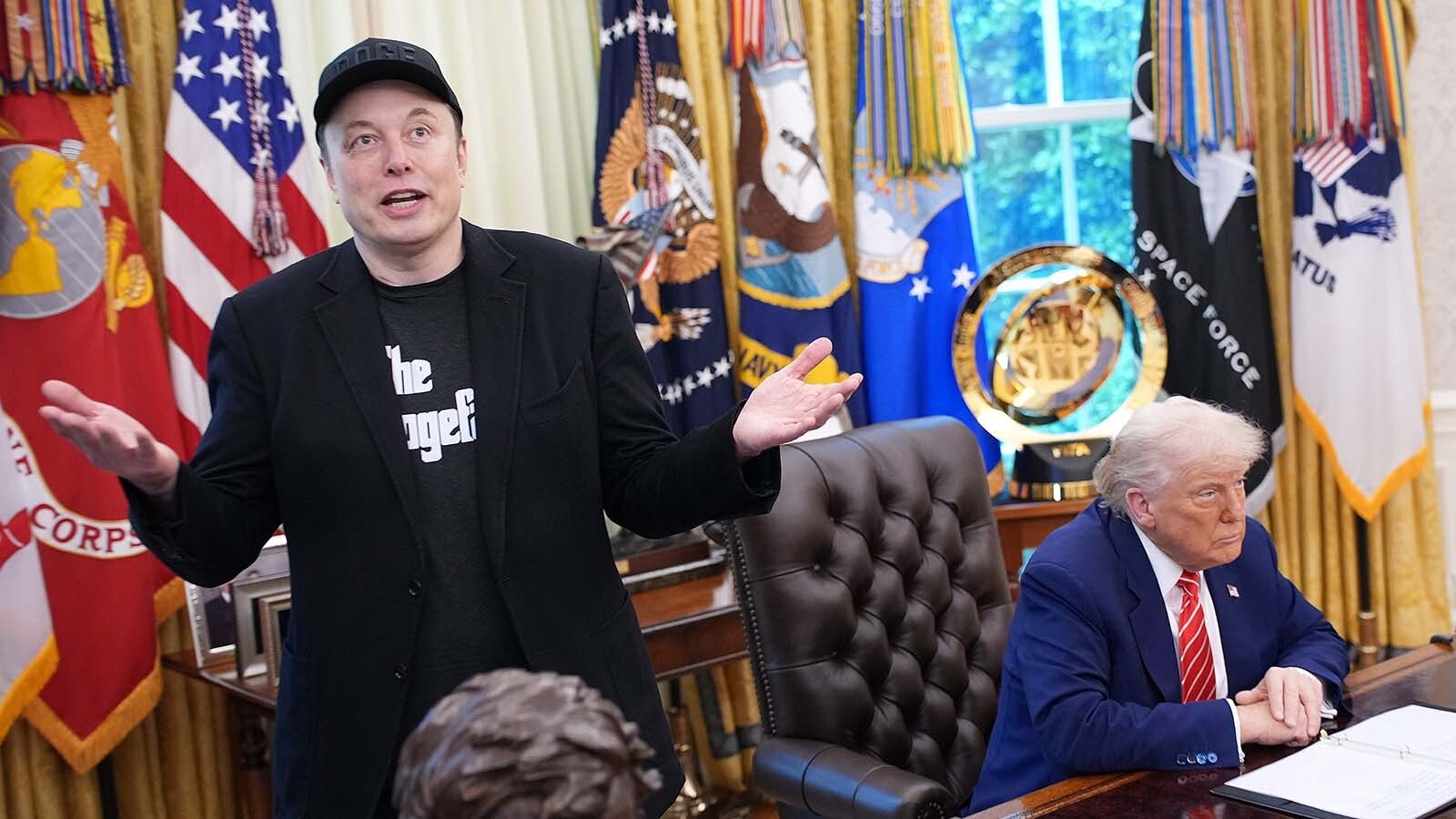About a month removed from a huge loss in the Wyoming Republican primary, U.S. Rep. Liz Cheney’s passion for resolving issues that led up to the Jan. 6 Capitol attack remains.
On Sunday, the Cowboy State congresswoman published an op-ed in The Wall Street Journal with U.S. Rep. Zoe Lofgren, D-California, outlining legislation they say would strengthen and reform the Electoral Count Act, and protect the security and legality of future elections in America.
“Our proposal is intended to preserve the rule of law for all future presidential elections by ensuring that self-interested politicians cannot steal from the people the guarantee that our government derives its power from the consent of the governed,” the Congresswomen write.
The proposed bill is four-pronged by:
Reaffirming the vice president’s role in certifying presidential election results: Cheney and Lofgren say the 12th Amendment of the Constitution is clear that the vice president’s nothing more than count electoral votes and announce the winning candidate.
Narrowing the spectrum of objections that can be used by members of Congress against the electoral slates of individual states: Cheney and Lofgren assert that Congress is not a court-of-last resort capable of overturning state and federal judges’ rulings on electoral outcomes. They say objections should be limited to “explicit Constitutional requirements for candidate and elector eligibility and the 12th Amendment’s explicit requirements for elector balloting.”
Allowing presidential candidates to sue governors or other election officials who fail to transmit lawful election results to Congress: These suits would happen before Congress counts electoral votes and ensure the winning presidential candidate is selected by strictly procedural methods during future Jan. 6 certifications.
Clarifying federal law that the rules governing an election can’t change after the election has happened: Although state legislatures determine the way their respective states select electors, Cheney and Lofgren say this shouldn’t be allowed to happen retroactively after an election to achieve a desired outcome or for other reasons.
The op-ed makes no reference to how the legislation would combat domestic terrorism or directly prevent violent actors from breaching the Capitol or other federal or state grounds as they did Jan. 6, 2021.
In their op-ed, Cheney and Lofgren express concern over many 2022 Trump-endorsed candidates espousing similar rhetoric to that expressed by the former president, claiming the 2020 election was rigged and other related conspiracy theories. Harriet Hageman, who soundly beat Cheney in the Wyoming Republican primary, has received Trump’s support and supports his claims the 2020 election was tampered with and “a travesty.”
“This raises the prospect of another effort to steal a presidential election, perhaps with another attempt to corrupt Congress’s proceeding to tally electoral votes,” they wrote.
Cheney and Lofgren have spent the last year working together on the Select Committee to Investigate the Jan. 6 Attack on the United States Capitol. Lofgren is considered one of the more liberal congresswomen in the U.S. House, according to govtrack.us.
In a July New York Times interview, Cheney remarked on the vast amount of time she’s spent as one of two Republicans working with Democrats on the nine-member committee.
“I’m sure it’s as weird for them as it is for me,” she said.
After holding its last hearing in July, the committee announced it would reconvene again in September, but no date has yet been announced.
Testimony from former Vice President Mike Pence will be discussed at the next hearing. According to The New York Times, the result of about 40 subpoenas issued during a ramp-up of the Jan.6 investigation this summer also will be discussed.
Cheney has declined to rule out a potential run for president in 2024 on multiple occasions and also hasn’t said whether she’d consider running as an independent.
A recent NPR/PBS NewsHour/Marist poll shows Cheney with a 13% favorability rating with Republicans.
Some political analysts have speculated Cheney is aware her chances of winning the presidency are slim and that she simply wants to take votes away from Trump. After her primary loss, Cheney immediately merged her campaign political action committee with her already-formed Great Task PAC to support candidates running against Trump-endorsed candidates in the future.
“I will do whatever it takes to keep Donald Trump out of the Oval Office,” she said in an August NBC interview following her primary loss.





